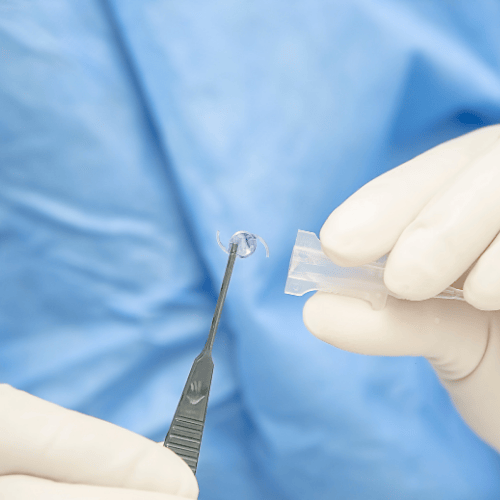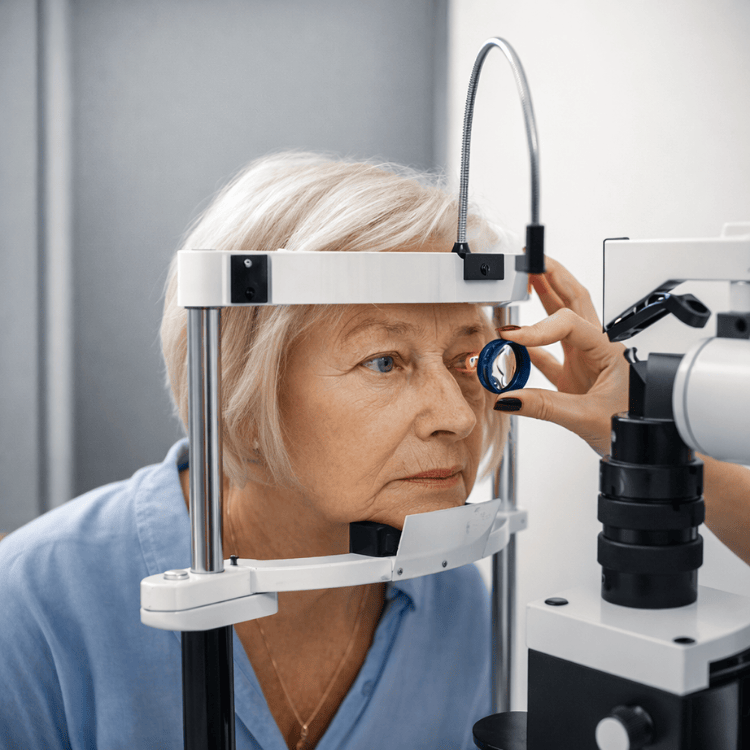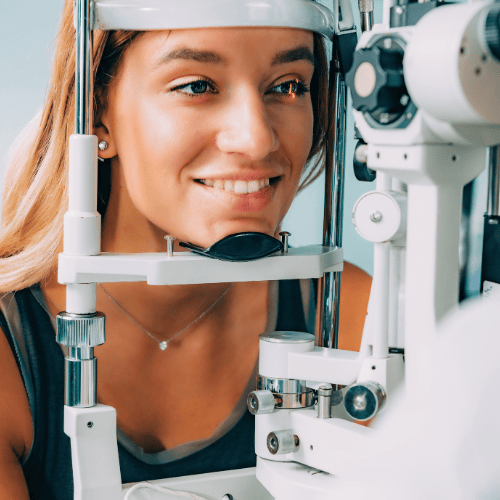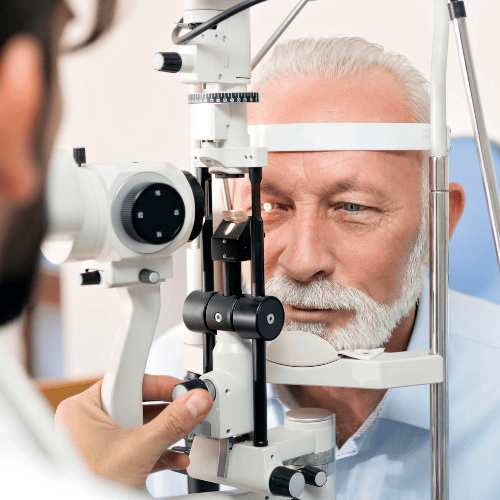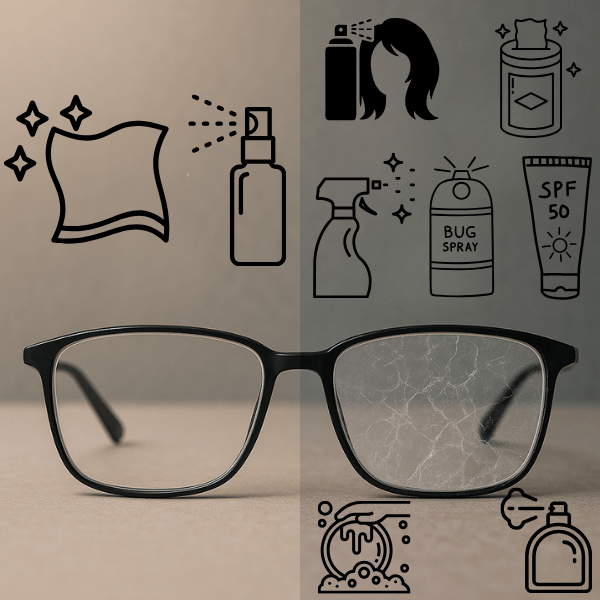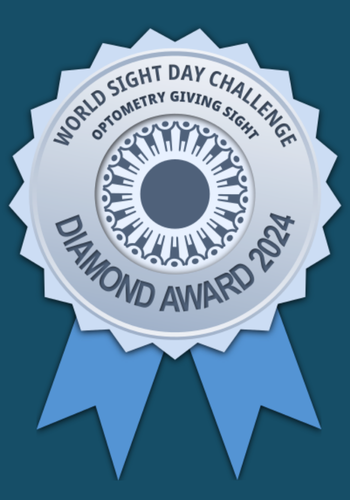New study revises nutrition guidelines to prevent macular degeneration
Age-related macular degeneration (AMD) is one of our main concerns as eye doctors. It’s the most common form of vision loss affecting people over age 65, and is now considered the leading cause of blindness. It targets the central retina, or macular area, and while all cases do not necessarily progress to blindness, usually the longer one has the condition the worse the outcome. New treatments aimed at the more severe form (“wet” AMD) have been successful at limiting the extent of the vision loss, but the question I frequently get asked is whether there is any treatment for the “dry” or early stages of the disease.
Last month the long-awaited AREDS 2 study was published. It followed over 4,000 patients at risk for advanced AMD to see if key nutrients would make a difference in their progression. We already knew from the first AREDS study that daily high doses of Vitamins C and E, zinc, copper, and beta-carotene can reduce the risk of vision loss from AMD by about 25%. However, we’ve since learned that beta carotene carries a higher risk of lung cancer in smokers, and high daily doses of zinc may not always be healthy and can also cause stomach upset. So the new study tried to see if we could add or substitute other vitamins that would have the same benefit without the side effects, or even improve the results. The “other vitamins” that were studied were Lutein, Zeaxanthin, and Omega 3.
Here are the results:
Adding Lutein and Zeaxanthin and/or omega 3 to the original AREDS formulation had no significant effect on the progression of AMD
Substituting Lutein and Zeaxanthin for beta carotene had no significant effect on the progression of AMD
Reducing zinc levels had no significant effect on the progression of AMD
Considering the results of this latest study, here are my updated recommended daily vitamin dosages for those who have AMD:
-Vitamin C (500 mg)
-Vitamin E (400 IU)
-Lutein (10mg)/Zeaxanthin (2mg)
-Zinc (20-40 mg zinc oxide)/Copper (2mg)
Remember that these are only guidelines. Depending on your specific situation and dietary intake of certain foods (specifically dark green leafy vegetables and cold water fish) I may modify this prescription somewhat.
I strongly recommend that anyone over the age of 60 receive annual eye exams with digital imaging so we can monitor your risk for AMD and other eye disease.
-Dr. Wilk


